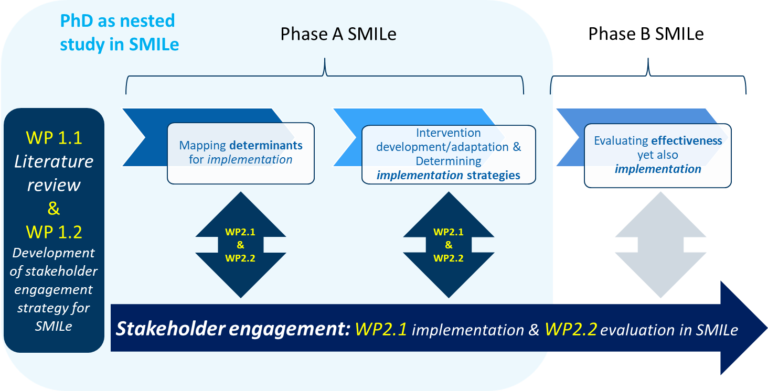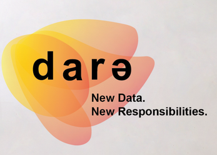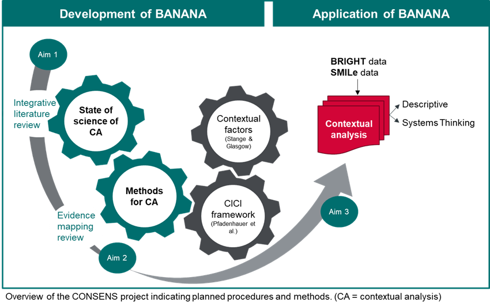Active partnerships between patients, researchers, clinicians and other stakeholders, typically referred to ‘stakeholder engagement’ in health research have gained more importance. Within implementation science methodology, stakeholder engagement is an essential component to enrich all project phases (i.e., the context analysis, the intervention development and/or and choice of implementation strategies, evaluation of implementation and effectiveness outcomes through hybrid designs). Implementation scientists focus on and conduct stakeholder engagement from the beginning of their projects and therefore give more visibility to the crucial building block of implementation science projects.
However, to our knowledge, no guidance has been developed so far on how to properly perform stakeholder engagement in the different phases of implementation science projects. Furthermore, there is a paucity of empirical data evaluating and reporting on stakeholder engagement methodology and only few heath care studies conduct a rigorous evaluation of their stakeholder engagement approaches. This limits development of stakeholder engagement methods.
This PhD project, which is embedded in the overall SMILe project by focusing on the Leuven (Belgium) setting, aims to work out a methodological stepwise approach for stakeholder engagement. Specific aims are as follows:
Implications of the project:
The work of this PhD will result in a methodological approach that can serve as a blueprint for stakeholder engagement, that could guide researchers through the full process of panning, conducting and evaluating stakeholder engagement in future implementation studies.

eHealth applications represent a great opportunity for improving the care of patients – especially in the follow-up. However, with their use, shifts in the meaning of normative terms such as responsibility, in role models, and in expectations of people and technology are likely: How does the relationship between nurses and patients change when data become the focus? What role does the design of technology play? What new responsibilities emerge when data can be viewed remotely?
The aim of the DARE research project is, on the one hand, to record the effects of eHealth applications on the self-image of follow-up care, especially nursing. On the other hand, their influence on ethical and social aspects will also be considered. In the context of the research, the roles of patients, physicians, nurses and programmers will be considered in order to clarify existing responsibilities and to identify new obligations. In the interdisciplinary team, which includes the disciplines of nursing science, social work, computer science and ethics, a concept and concrete recommendations for the integration of ethical reflection in the development and implementation of eHealth applications will be developed


Understanding setting and context is essential to fuel intervention development and choice of implementation strategies, however methodology to perform contextual analysis (CA) is still in development. Implementation happens in complex adaptive systems its success is a result of the interaction of context, setting, intervention, implementation agents and strategies.CA can be guided by determinant frameworks, or more dynamically by systems thinking methods.
Project Aims:
To strengthen the theoretical and methodological foundations for contextual analysis in implementation science (Basel Approach for coNtextual ANAlysis in implementation science – BANANA):
1.To describe state of the science in view of CA in implementation science(e.g. theoretical frameworks, methodological specifications).
2.To critically review published implementation science studies in view of methods for CA such as frameworks used, operational definitions and measurements.
3.To perform CA using data from completed (i.e. BRIGHT ) and ongoing (i.e. SMILe ) transplantation research.
Implications of the project:
Our work will result in the Basel Approach for coNtextual ANAlysis in implementation science (BANANA) which can guide future implementation science projects. Practical applications will showcase the value of BANANA in ongoing and completed research at the Institute of Nursing Science.
